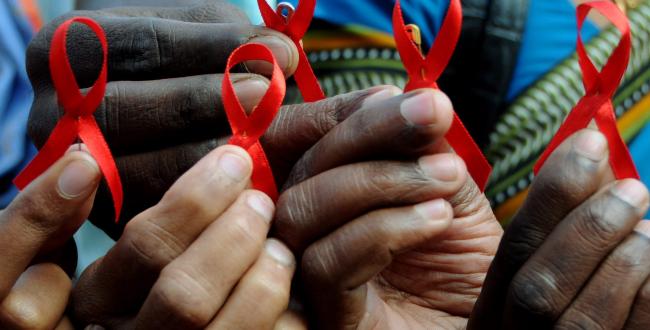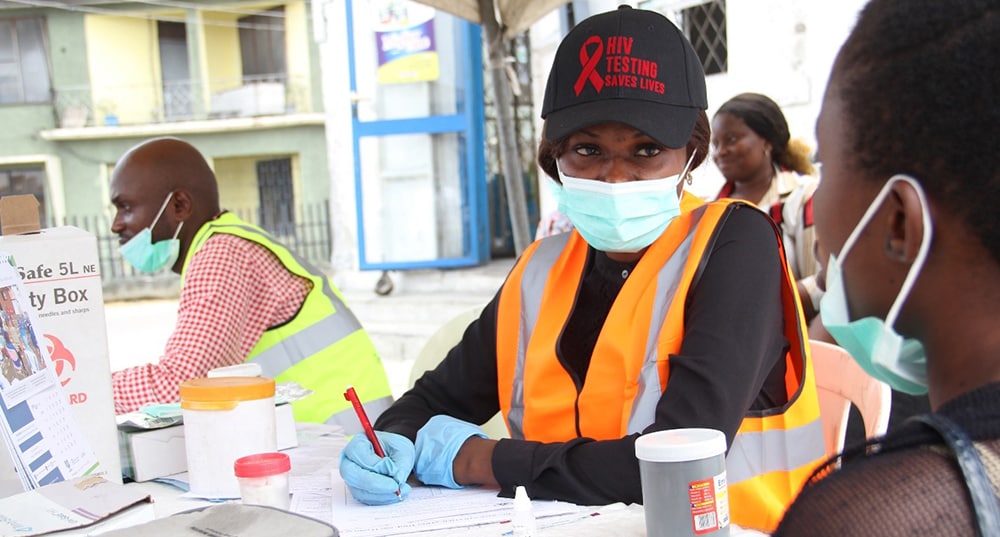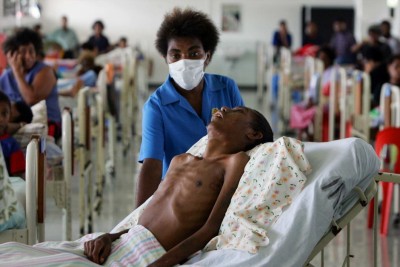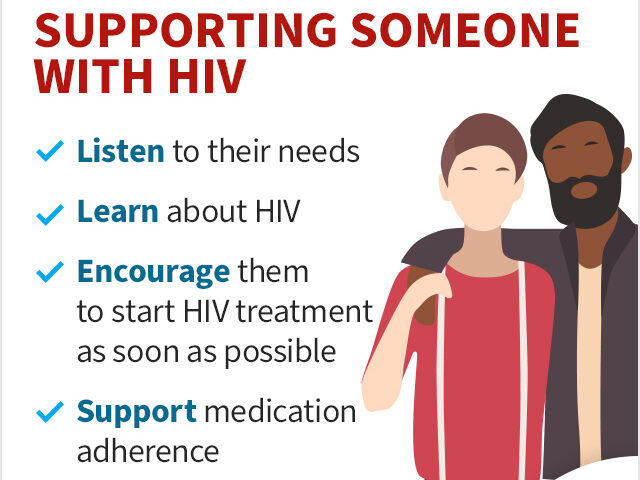Hidden Danger: Many People Living with HIV in Akwa Ibom Unaware of High Blood Pressure, Study Finds.
Experts Urge Combined HIV and Blood Pressure Checks to Protect Lives


A new study has revealed a serious health risk facing people living with HIV (PLWH) in Akwa Ibom State, Nigeria: nearly one in three do not know they have high blood pressure. This discovery highlights the urgent need to combine heart health checks with HIV care, especially in areas with limited healthcare resources.
The research, published in the European Heart Journal by the MAP-IT (Managing Hypertension among People Living with HIV: An Integrated Model) study team, found that 31% of HIV-positive individuals screened during the 2023 World AIDS Day activities were newly diagnosed with high blood pressure. The study was led by experts including Daniel Henry, Anyiekere Ekanem, and Professor Dike Ojji, and it focused on integrating blood pressure checks into regular HIV awareness and treatment campaigns.
During the 2023 World AIDS Day, the MAP-IT team, with support from the Akwa Ibom State Agency for the Control of AIDS, worked with 22 community-based organisations (CBOs) already active in HIV care. These CBOs were trained and given blood pressure monitors and educational materials. They screened people accessing HIV services, provided advice on healthy living, and referred those with high readings to local health centres for further checks and treatment.

Professor Dike Ojji, a leading heart specialist and principal investigator of the study, explained the importance of this approach:
“Our findings point to a significant gap in cardiovascular disease (CVD) awareness and care among people living with HIV and draw attention to the growing burden of non-communicable diseases (NCDs) in this population.”
Traditionally, HIV campaigns have focused on testing, treatment, and fighting stigma. But the study’s authors argue that it is now time to add checks for other health risks, like high blood pressure, diabetes, and cholesterol, to make these campaigns more effective. As more people with HIV live longer thanks to antiretroviral therapy, they are also at risk of developing other serious health conditions—sometimes without knowing it.

The MAP-IT study used a nurse-led, community-based model to reach more people, especially those in rural or hard-to-reach areas. By training local CBOs, the project made it easier for people to get screened and receive advice in their own communities, reducing the burden on hospitals and clinics. The weeklong screening during World AIDS Day found that almost one-third of participants had high blood pressure for the first time, proving that many people are living with this silent condition without knowing it.
The researchers believe that future World AIDS Day events and similar health campaigns should always include checks for heart health and other non-communicable diseases.
“The longevity afforded by access to antiretroviral therapy is now revealing the hidden toll of comorbid conditions such as hypertension among PLWH. Without early detection and treatment, these risk factors could compromise the health gains achieved through HIV care,” the study authors warned.
As the number of people living with both infectious and non-communicable diseases rises in Nigeria and across Africa, experts say that combining health checks saves time, money, and lives. The MAP-IT project, funded by the US National Institutes of Health, shows that a simple change in approach can help protect thousands of people from life-threatening complications.

In summary, the study calls for a new way of thinking about public health in Nigeria: one that treats HIV, high blood pressure, and other diseases together, not separately. By doing so, healthcare workers can catch hidden problems early and help people live longer, healthier lives.
Stay woke. Stay tuned. Stay with AKEWE NEWS.




